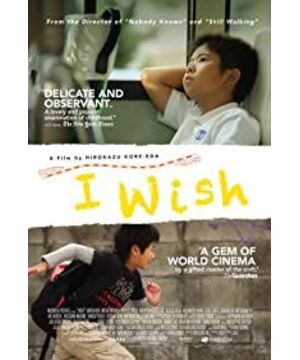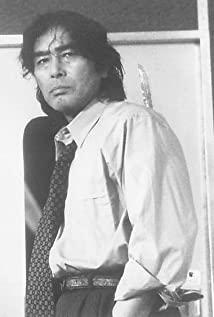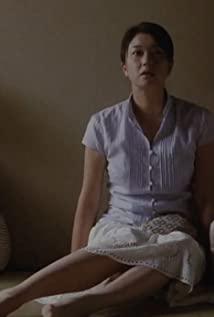1
Japanese movies came into my life as a symbol long ago, to be precise, in the second semester of my sophomore year. I was the most depressed at that time.
The first contact is "Little Forest", watching the heroine earnestly eat, farm, and live, from summer to spring, from morning to night, seems to have a little more courage. Since then, Japanese movies have not only been Miyazaki's anime, but also synonymous with healing.
Since living alone, whenever I feel that life is a bit difficult, I will find these movies, make a cup of coffee or milk tea on Saturday afternoon or Sunday night, and watch it full of blood and resurrection.
2
"When two trains cross, make a wish, and a miracle will come," my brother said to his friend, "I want the volcano to erupt, so I can move to Osaka and live with a family of four." Children's wishes are always so different Realistically, I couldn't help but feel a sour nose.
There are two narrative lines in the film, a pair of divorced parents, the older brother follows the mother, the younger brother and the father live in different cities, and the connection between them is maintained by a telephone line.
It was a bit confusing at the beginning, but it was very interesting. The camera switched back and forth among octopus balls, blue popsicles, swimming pools, and volcanic ash. The hot and humid summer brought back memories of childhood.
For some reason, the impression of childhood always stays in summer.
I chatted with my friend San Er under the bridge hole, and seriously discussed whether I should eat curry rice every morning if I want to become a professional baseball player; I stole the bell to get off the car, just to have a few more words with Mr. Xingzhi, who wants to get married; because Want to leave, and hate the volcanic ash here.
"Dragon sauce, I heard that you are very happy",
"I'm trying very hard to be happy."
In another city, the younger brother who grows broad bean sprouts has friends who want to be actors, friends who want to be good at painting without having to work hard, and friends who want to run.
The movie is called Miracle, and the teenagers have their own wishes, so there is a trip to the Shinkansen.
When watching the movie, I really didn’t agree with the setting of the wish of train crossing. After reading the information, I realized that the movie was made to promote the Shinkansen. From this point of view, it seems that the side description and the sublimation of the theme are so important.
In the movie, my favorite part of preparing for the trip, with the final train episode, has a divine sense of purpose.
3
The little marble is dead.
on the day of the train.
"I'm not a professional baseball player, I want the marbles to come alive." Children's wishes are always changeable, such as the brother's silence when the train passes by, the younger brother's wish to bless his father's music, and the teenager who wants to marry his teacher. At this time, he only hopes that his father will stop drinking.
Sometimes the truest thoughts come only at the last second.
The elder brother who chose the world and gave up his home was a little more cute. Maybe he was a little unhappy in his heart, but he finally stopped falling volcanic ashes.
Little Marble didn't survive, but Dad received an invitation from the radio station and worked hard to become an actress's female classmate, which seemed to add a little more confidence.
The miracle didn't seem to happen, but it seemed to happen again.
4
Life is so real, there are joys and sorrows.
The habit of watching movies developed in college has continued, and the energy drawn from people who live seriously in the movies has made their moods improve. For us, miracles are serious lives.
View more about I Wish reviews











